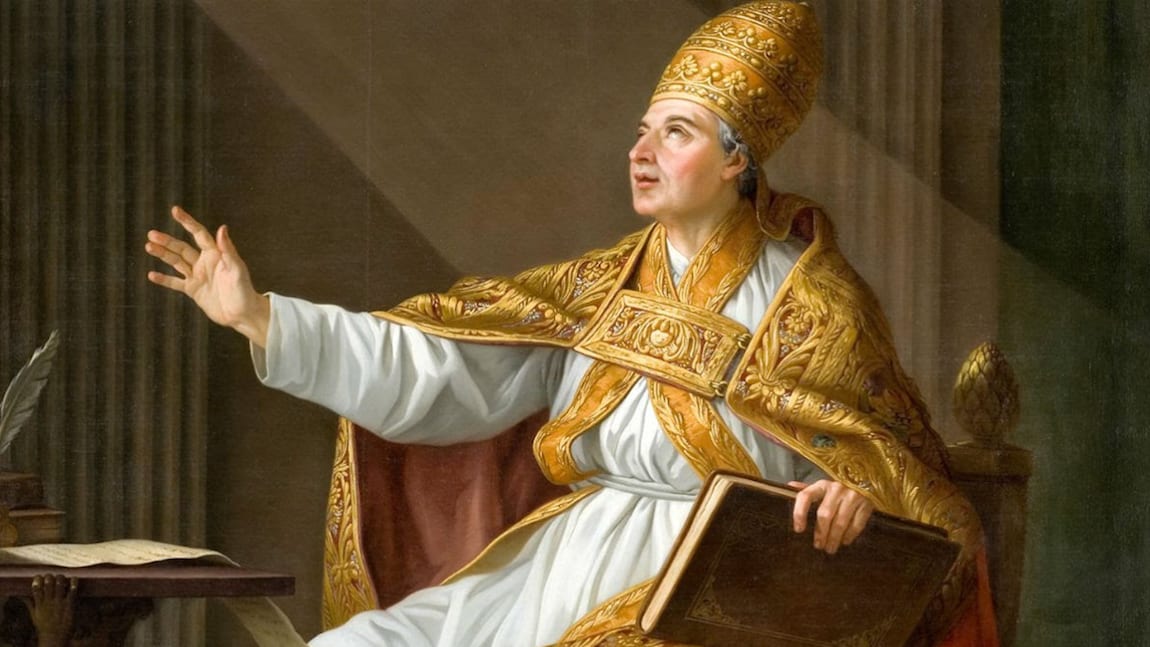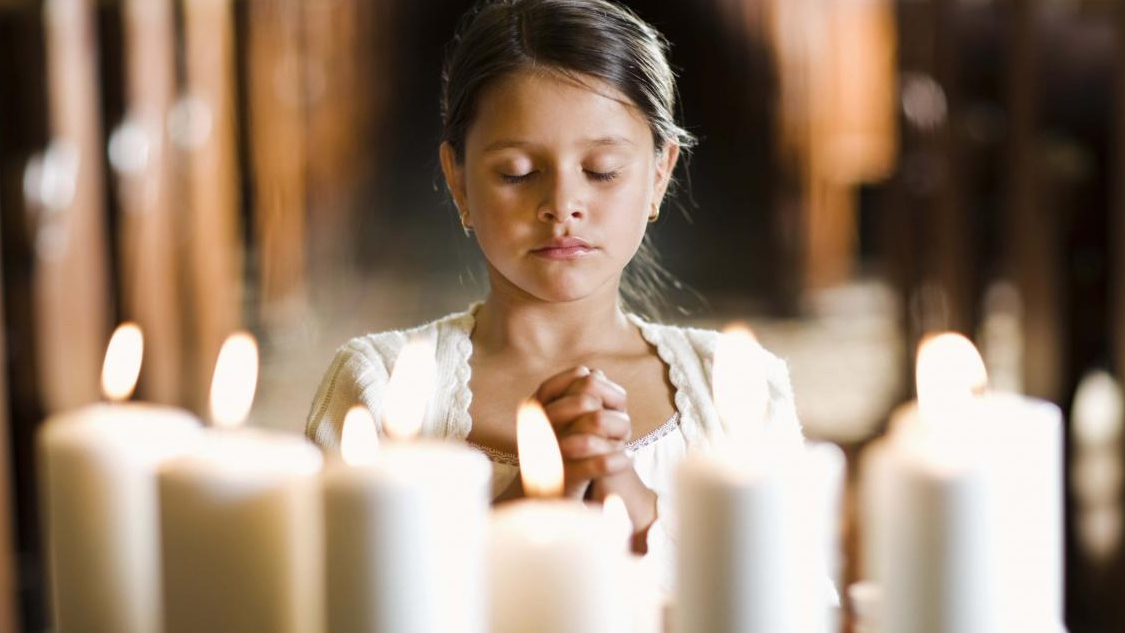A doctor—we’ll call him Dr. Anderson—had an appointment each Monday afternoon with an elderly woman named Mrs. Gonzales. She was eighty years old and in the last stage of breast cancer. No further treatment would be helpful to her, so Dr. Anderson always made a special point of listening patiently as she described how her week had gone, and then adjusted her pain medications and treated any other complaints she had. The doctor had just attended a workshop for physicians on how to relate to their patients more compassionately, and one of the points he learned involved the importance of trusting his intuition. He did this now—and, to his surprise, his intuition told him that what would be most helpful to Mrs. Gonzales at that particular moment was to pray with her. This thought made him very uncomfortable. Dr. Anderson wasn’t a praying man, and the idea felt professionally risky— but he couldn’t think of any good reason not to make this offer, so, stepping out of his comfort zone, he said, “Mrs. Gonzales, perhaps it would be good if we prayed together.”
The elderly woman looked at him with surprise, and then began to cry. Normally, when confronted with a crying patient, the doctor responded as he had been trained in medical school all those years ago: send for a nurse. This time, however, he simply took her hand and waited patiently and respectfully. A moment later Mrs. Gonzales composed herself and said, “That would be very good, Doctor. I’m a Catholic, so could we kneel down?” Dr. Anderson was again uncomfortable, but after looking toward the door to make sure it was closed, he responded “Certainly,” and they both knelt down right there in the examining room. The elderly woman began praying aloud—first in Spanish, then in English. The doctor had not prayed for many years, but in listening to his patient, he became peaceful and calm, and he remembered a simple prayer from his youth which he then prayed. There was a long comfortable silence. Then Mrs. Gonzales gently touched his cheek and, first in Spanish and then in English, asked God to bless the doctor and strengthen him in his important work. Dr. Anderson remembered the feel of her touch for months afterwards, and was helped by the very thought of it whenever things became rough or overwhelming. He began offering to pray with all his patients, and many of them accepted—and he and they both found the experience very helpful and reassuring (Rachel Naomi Remen, M.D., Kitchen Table Wisdom, pp. 253-254). For many of us, praying with someone else can be an unusual and uncomfortable experience—and yet it’s meant to be a very natural part of life. Through prayer, we can be deeply united with God and with those around us.
The American author and lecturer Dale Carnegie was famous for his 1936 book How to Win Friends and Influence People. We might say that the Gospel passage from Matthew (18:15-20) is Jesus’ version of how to influence those around us, especially people whose behavior is less than holy. Our Lord tells us that, first of all, our correction should be given in private, so as to spare the person’s feelings and reputation. If this doesn’t work, then we should involve one or two other witnesses, and then the authority of the Church, and finally—if necessary, shun the wrongdoer until the person comes to his or her senses. Jesus also advises us to pray for the person involved, for prayer can be very powerful. The Book of the Prophet Ezekiel (33:7-9) speaks of our duty to warn sinners of the need to repent. Unfortunately, sometimes trying to do this may only make the situation worse, but we can always pray for the other person’s conversion. In his Letter to the Romans (13:8-10), St. Paul tells us that we must “owe nothing to anyone, except to love one another”—and praying with and for other people is one of the easiest and most beneficial ways of fulfilling this obligation.
In the 6th century St. Gregory the Great wrote, “When we are linked by the power of prayer, we, as it were, hold each other’s hand as we walk side by side along a slippery path; and thus by the bounteous disposition of charity, it comes about that the harder each one leans on the other, the more firmly we are riveted together in brotherly love.” In other words, praying with and for other people strengthens and encourages us, helps us overcome temptation and the problems of life, and brings us grow closer to God. During his fourteen challenging years as Pope in a dangerous and unsettling era of history, St. Gregory the Great discovered by personal experience the truth of Christ’s words: “If two of you agree on earth about anything for which they are to pray, it shall be granted to them by My Heavenly Father.” Prayer allowed a humble man who wanted nothing more than to live in solitude as a monk to shoulder heavy burdens and accomplish great things as Pope, despite being in constant poor health. Prayer is meant to be our spiritual and emotional life-line, as well.
Are you having difficulties or uncertainties in one of your relationships? What would happen if you said to the person, “Would you please pray with me?” Instead of always complaining about your spouse or children or co-workers, do you have the humility and courage to say, “I’m concerned that things aren’t right between us; could we pray together and ask for God’s guidance and help?” Is there a relationship you would like to strengthen and enrich? Praying with that person can be a very intimate experience. Are you trying to support someone going through a difficult time? Offering to pray with him or her can be, as Dr. Anderson discovered, very moving and beneficial. It doesn’t require any formal structure or special training; it’s simply a matter of being open to God’s presence and then humbly speaking to Him from the heart. Even when it’s too difficult, or not possible, to pray with someone else, it’s always possible and proper to pray for the person—especially when he or she is experiencing pain, sorrow, or trouble, or causing it to you or someone else.
When Jesus says, “Where two or three are gathered in My Name, there I am in the midst of them,” He’s not only speaking of the importance of coming together in church as a worshipping community; He’s also inviting us to let Him be a part of all our relationships— including our families, friends, co-workers, fellow parishioners, and sometimes even strangers. Prayer can bind us together in a wonderful and loving way, and those who are willing to experience this truth for themselves are pleasing God and making it possible for themselves to experience His joy, peace, and love for all eternity.








